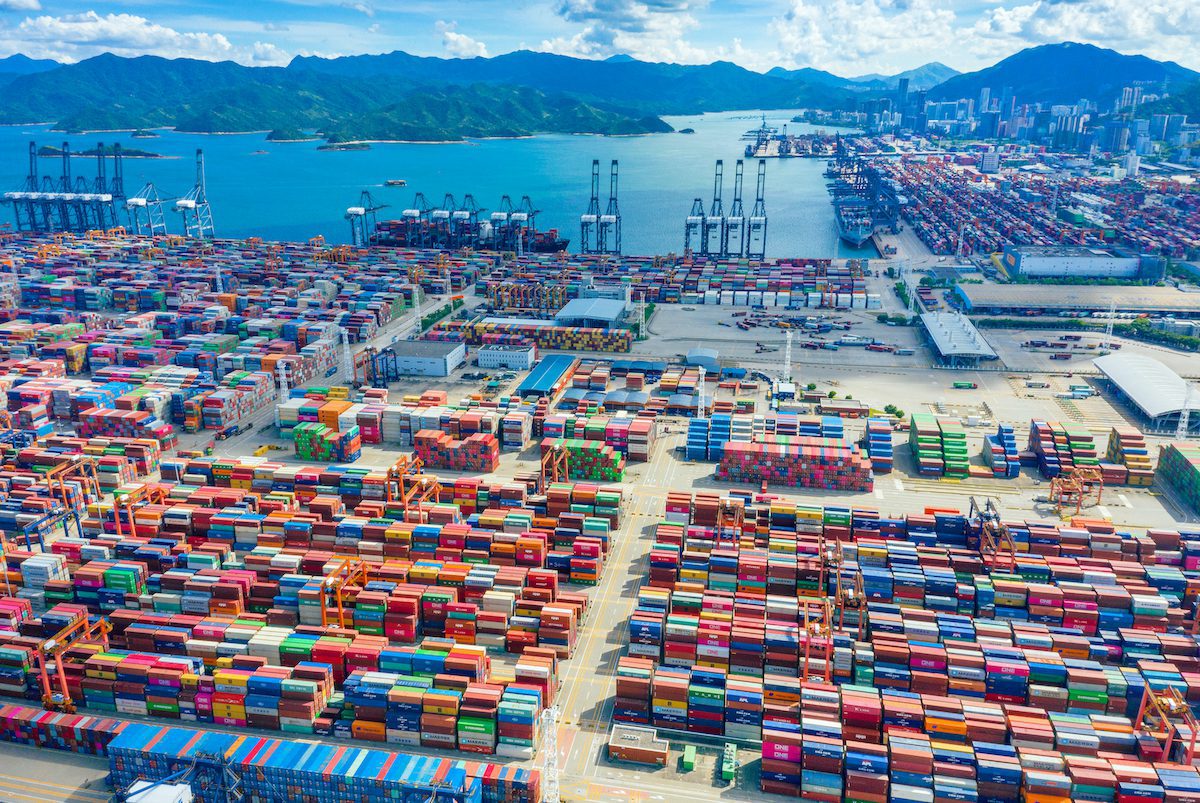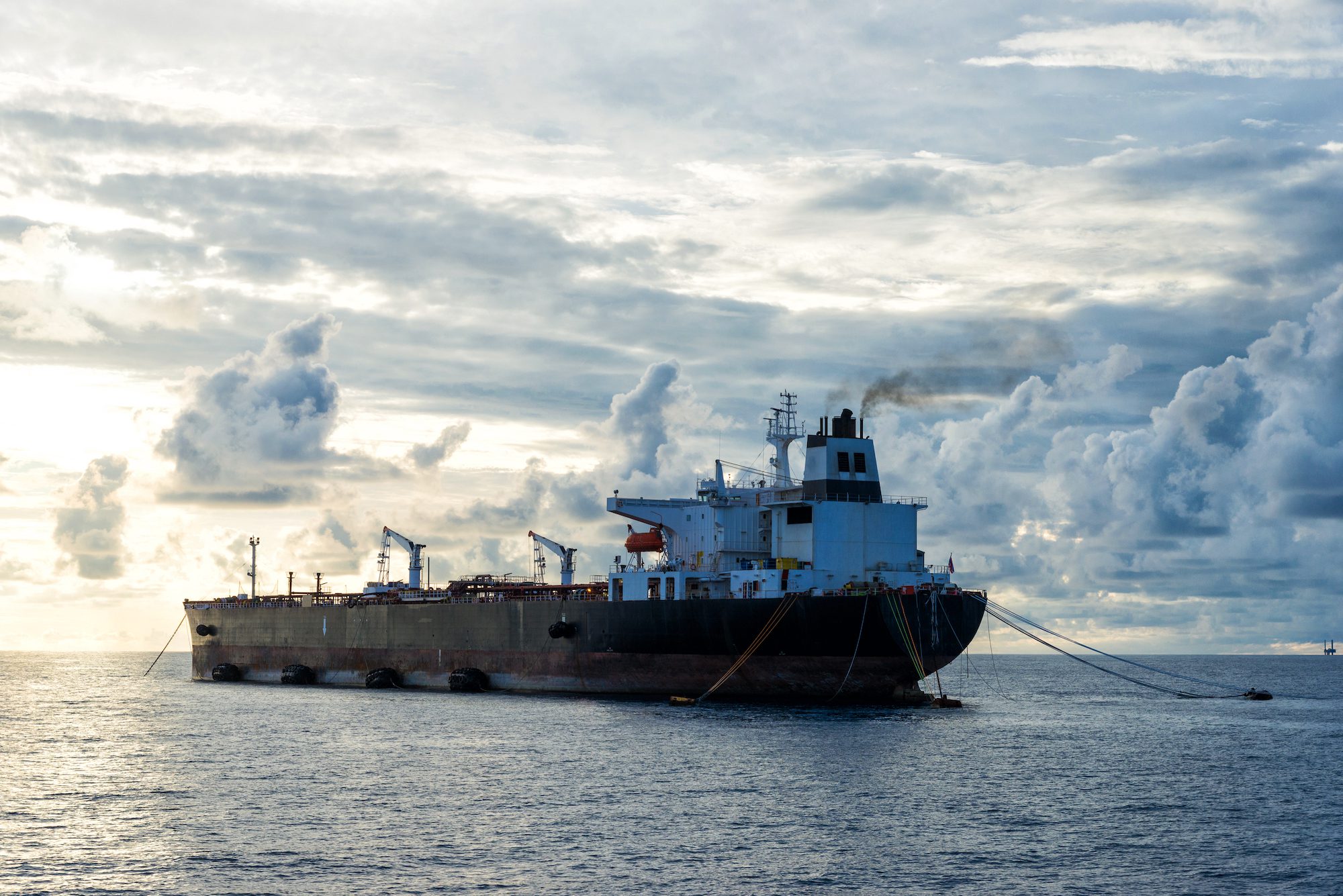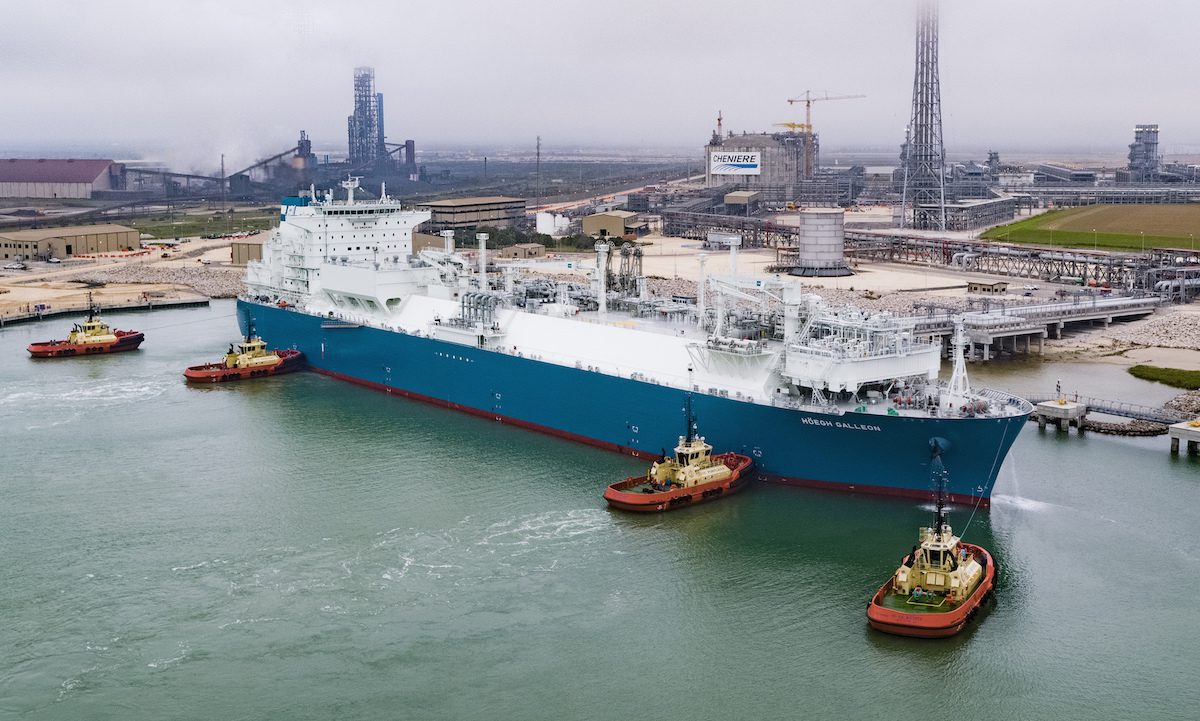By Martina Li in Taiwan (The Loadstar) –
Factories in at least ten Chinese provinces have either cut output or closed temporarily this month, after government-imposed power cuts to curb carbon emissions.
By Friday, at least 10 publicly listed companies told the Shanghai and Shenzhen stock exchanges their factory output had been hit by the power cuts, and their 2021 earnings could be adversely affected.
The cuts followed China’s economic planning agency, the National Development and Reform Commission, released a “dual-control” plan to restrict energy-intensive activities and consumption.
The plan commanded provincial governments to ration electricity consumption to control emissions in line with President Xi Jinping’s target for carbon emissions to peak by 2030, and to achieve carbon-neutrality by 2060.
Affected provinces include Jiangsu, Guangdong, and Zhejiang, which are among the most industrialized in China, their factories producing steel products, plastics, home appliances, chemicals, and textiles. All three provinces had received ‘red ratings’ for missing consumption targets.
The provinces are also home to China’s busiest ports, Ningbo, Guangzhou, Nansha, Yantian, and Shekou. And Jiangsu province lies along the Yangtze River Delta and its container exports are usually processed by Shanghai or Ningbo.
As this is the peak season for container shipments to US and European retailers, the new moves could exacerbate delays in receiving shipments at the ports, especially when the power cuts last beyond the end of September. And congestion on the US west coast has held up shipments, with some 70 ships waiting outside Los Angeles and Long Beach due to surging imports and insufficient trucking and land-based logistics.
Linerlytica analyst Tan Hua Joo told The Loadstar:, “There will be an impact on factory production and this will surely affect container shipment volumes in the short term. It’s still unclear how long the rationing will be in place, so it is not possible to predict the longer-term impact.”
Most of China’s electricity supply is coal-fired and, although the affected industries can use renewable energy as a substitute, the take-up will not happen overnight, even though the government has been investing heavily in wind energy.
The Loadstar is known at the highest levels of logistics and supply chain management as one of the best sources of influential analysis and commentary.

 Join The Club
Join The Club











